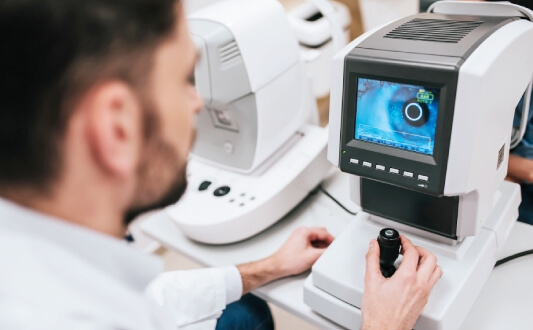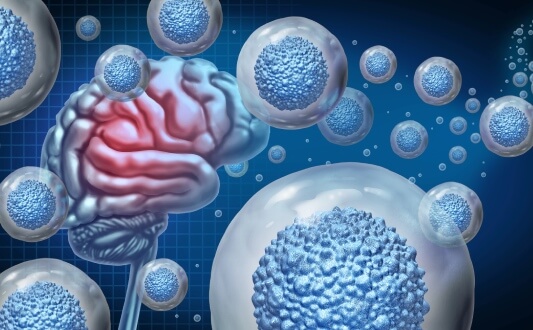Medical Blog About Treatment Abroad
Welcome to our medical blog – it is dedicated to empowering patients with knowledge about global healthcare! We created this platform with the intention to bridge the gap between patients and the medical innovations available globally.
What's Inside: Discover new and rare methods in oncology, immunology, heart surgery, neurosurgery, and other medical fields! Our health travel insights show how medical journeys open new possibilities with advanced treatments unavailable locally, including specialized cancer care abroad.
Who Benefits: This resource is for patients and their families who seek new treatment methods and explore options at leading international hospitals. Those who want to make informed healthcare decisions beyond borders.
Why Read: Booking Health experts provide verified information through patient-friendly articles – they translate complex medical advances into accessible info. Stay current with the latest developments in global healthcare and discover how international medicine can transform treatment outcomes!
Browse our latest articles and take the first step toward better health outcomes!
Innovative treatment methods
 Stem Cell Treatment of Autism
Stem Cell Treatment of Autism
Autism spectrum disorder (ASD) can represent one of the most complex neurodevelopmental challenges that families face. Now autism seems to be more common than childhood cancer, diabetes, and pediatric AIDS – 1 in 68 children in the United States alone. Despite their useful support, traditional treatments do not always address...
 Transarterial Chemoembolization (TACE)
Transarterial Chemoembolization (TACE)
Transarterial Chemoembolization (TACE) is one of the most widely used and effective minimally invasive treatments for liver tumors and other cancers with localized blood supply. As technology and oncology have evolved, TACE has become even more precise and personalized in 2025, offering patients new hope - especially when surgery...
 Stem Cell Treatment for Erectile Dysfunction
Stem Cell Treatment for Erectile Dysfunction
Erectile dysfunction (ED) – sometimes people call it impotence – is basically when a man can't get an erection or can't keep it going long enough for sexual intercourse. This condition is considerably more prevalent than many assume – affecting millions of men globally. In the United States alone, approximately one in four men experiences...
 Stem Cell Therapy for Optic Nerve Atrophy (ONA)
Stem Cell Therapy for Optic Nerve Atrophy (ONA)
Optic nerve atrophy (ONA) is a progressive ocular condition in which the optic nerve – responsible for transmitting visual information from the eye to the brain – undergoes degeneration. This damage leads to gradual vision loss and, in severe cases, complete blindness. ONA is not a disease itself but a final stage of various underlying pathologies...
 Stem Cells Therapy for Dementia
Stem Cells Therapy for Dementia
Dementia affects 47 million people worldwide, with numbers expected to reach 131 million by 2050. While traditional treatments only manage symptoms, new treatment for dementia with stem cells offers new hope by targeting the root causes of brain damage. These remarkable cells can reduce harmful brain inflammation, clear toxic protein...
 Stem Cell Treatment for ALS in Germany: Pioneering Protocols and Breakthrough Technologies
Stem Cell Treatment for ALS in Germany: Pioneering Protocols and Breakthrough Technologies
Amyotrophic lateral sclerosis (ALS) remains one of the most challenging neurological diseases, requiring innovative treatment approaches. German clinics hold leading positions in the development and implementation of advanced cell therapy methods, offering ALS patients scientifically-based treatment protocols with proven...
 Inside the Science: How Stem Cells Are Revolutionizing ALS Treatment
Inside the Science: How Stem Cells Are Revolutionizing ALS Treatment
Living with amyotrophic lateral sclerosis (ALS) presents one of medicine's most heart-wrenching scenarios. Imagine being fully aware and mentally sharp, yet watching as your body gradually loses its ability to perform the simplest tasks – from walking and talking to breathing. This creates an emotional burden not only for patients but for their families as well.

